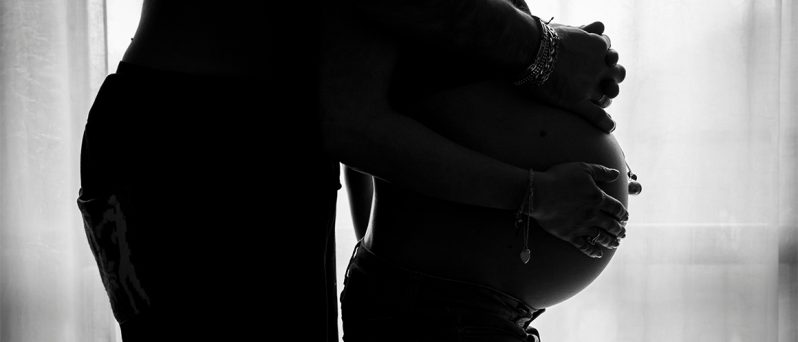Despite the name, retrograde menstruation has nothing to do with the relationship between zodiac signs and periods. It sounds like a medical condition to be concerned about, but it’s actually quite common and nothing to worry about. Read on to find out more about retrograde menstruation:
What does retrograde menstruation mean?
Retrograde menstruation is when period blood flows in the opposite direction. It moves towards the fallopian tube and into the pelvic cavity, instead of through the cervix and out the vagina.
We understand it sounds worrying and even potentially dangerous, but you’ll be surprised to learn that retrograde menstruation is very common amongst those who have periods.
What are the symptoms of retrograde menstruation?
Retrograde menstruation isn’t known for having any major symptoms. The primary indicator is period pains or dysmenorrhea, but this is such a common symptom for a large number of people during their period. The disadvantage of this is, because symptoms are very unspecific, retrograde menstruation can be difficult to detect.
If you’re experiencing menstrual cramps, there are some natural remedies that might help ease the pain. But if you’re experiencing any nausea, dizziness, heavy bleeding, or you find the pain to be interfering with your lifestyle, it’s a good idea to speak with a medical professional if you’re able to.
Prioritise your intimate health
Self care doesn’t have to be huge gestures. It can be as simple as choosing products that are suitable for sensitive skin, like Natracare!
find out more
What causes retrograde menstruation?
Like many other period-related conditions, there’s not much definitive research or information on why retrograde menstruation happens. There are assumptions that it could be because of asynchronous contractions. Meaning: when the uterus contracts in a way that sends the menstrual blood towards the fallopian tubes, rather than through your cervix. However, there’s not much research to understand the actual cause of this.
Until more research is done, the cause for retrograde menstruation will likely remain unknown – and since it’s seen as common and unthreatening, it’s unlikely to be a priority.
Is retrograde menstruation dangerous?
Though retrograde menstruation sounds like something dangerous, it’s nothing to worry about. As far as the evidence shows, it doesn’t create health risks or even many symptoms beyond period pain.
One study theorised that retrograde menstruation might cause endometriosis. Knowing that both endometriosis and retrograde menstruation involve menstrual blood or tissue not being able to exit the body through the vagina, this theory makes some sense. However, physicians later discovered that retrograde menstruation is extremely common, and not all people who experience it have endometriosis. This, and other inconsistencies, has meant the theory is widely disregarded.
While retrograde menstruation is common, the symptoms experienced are valid. If you notice that your period pains are severe or change significantly we recommend that you speak to a doctor for further medical advice if you can.









